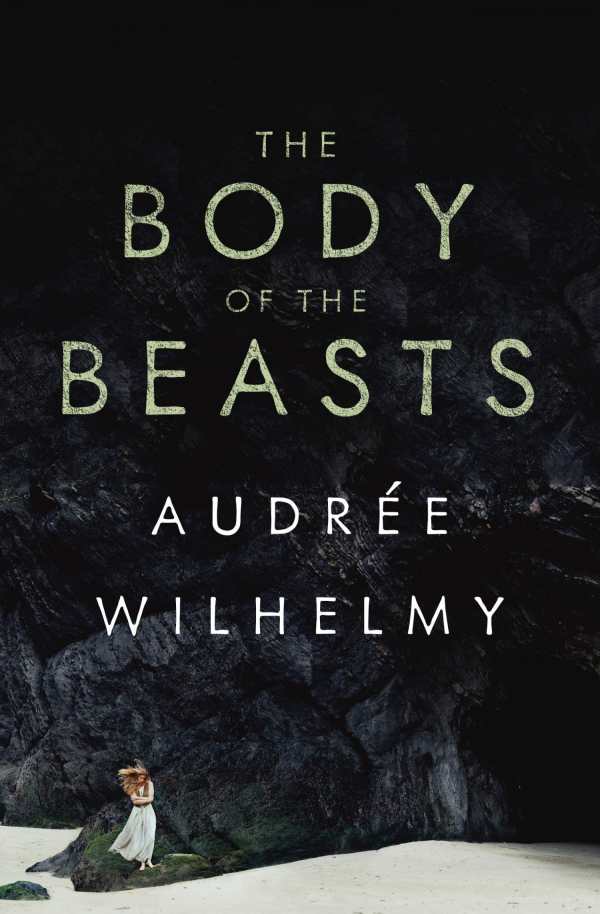The Body of the Beasts
Teetering somewhere between uncanny and debaucherous, Audrée Wilhelmy’s eerie novel The Body of the Beasts focuses on a lighthouse-keeping family subsisting at the edge of civilization.
In the Borya family, desire is voyeuristic, touch is needful, and the most looming consequence of love is that it renders you vulnerable. No one knows this better than Mie, a witchy young girl who can transfer her awareness into the animals she encounters—who can feel the texture of a fish sliding down a crane’s beak, who knows what it’s like to fly through icy skies, and who’s been there as creatures couple.
Early in her life, Mie learns the terror of being pulled under by someone else’s lust. That fear is reflected in the acts committed by her father and her uncle against her almost mute, mysterious mother, Noé, who once tried to escape into the sea.
Moving between animal awareness and her own realities, Mie’s youth is marked by yearning. She hungers to hear something true from her mother: the story of their family’s past; the tale behind the marks that traverse Noé’s skin; a spark of more than acquiescence. Certain that there’s more to life than what her family offers, she holds the gift of acknowledgement ready for Noé, waiting to say, “I know that you are bigger than this place.”
Curious, growing, isolated, and wanting, Mie bargains with her uncle, hoping to induce him to teach her the ways of womanhood. It’s a proposition that hangs heavy over the progression of Wilhelmy’s novel, and that’s both horrifying and animalistic. In the mildewed, salt-blasted corners of Mie’s world, vicious possibilities crouch, waiting to subsume whatever innocence is left among the family’s young.
Almost upsetting in its appetites, The Body of the Beasts focuses on the unusual existence of an outlying family.
Reviewed by
Michelle Anne Schingler
Disclosure: This article is not an endorsement, but a review. The publisher of this book provided free copies of the book to have their book reviewed by a professional reviewer. No fee was paid by the publisher for this review. Foreword Reviews only recommends books that we love. Foreword Magazine, Inc. is disclosing this in accordance with the Federal Trade Commission’s 16 CFR, Part 255.

